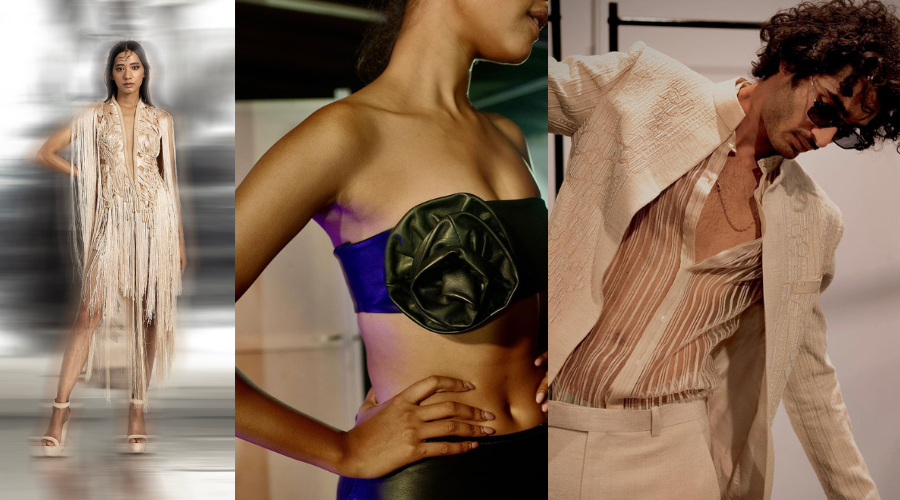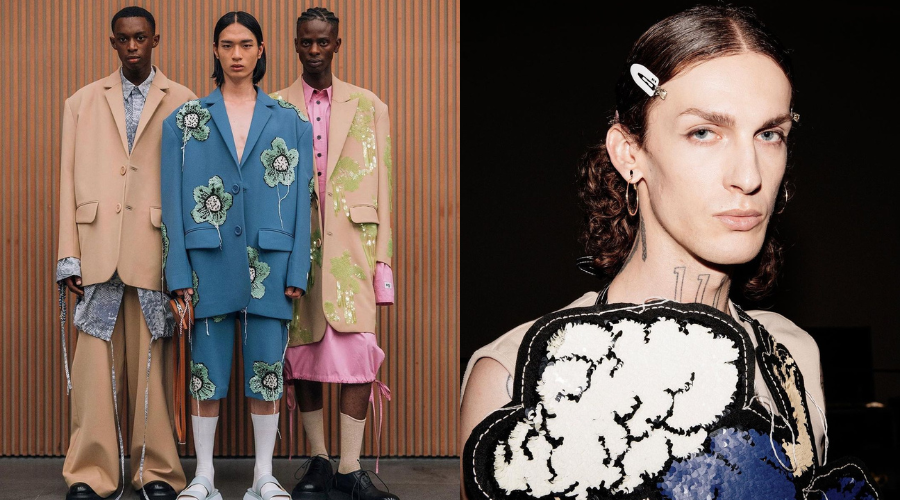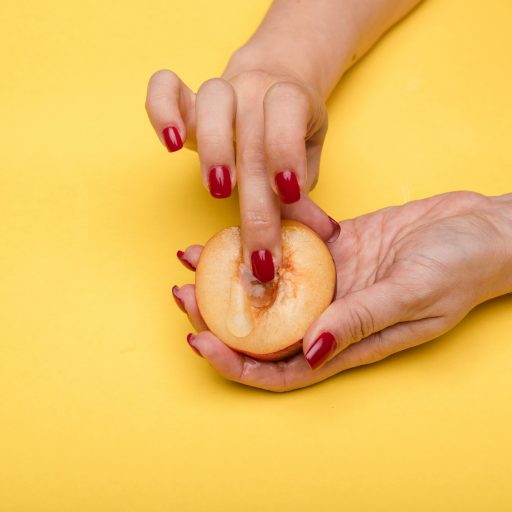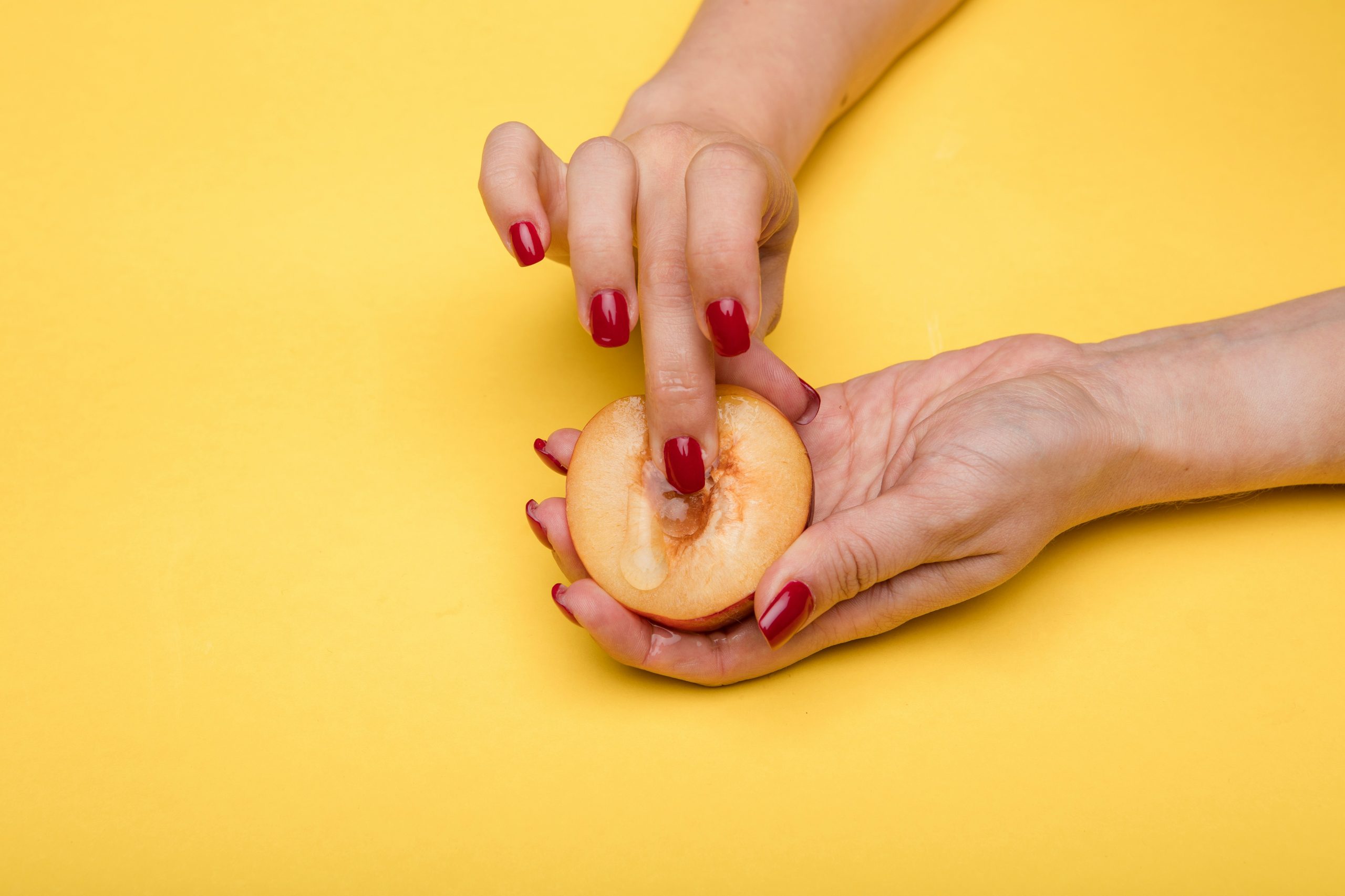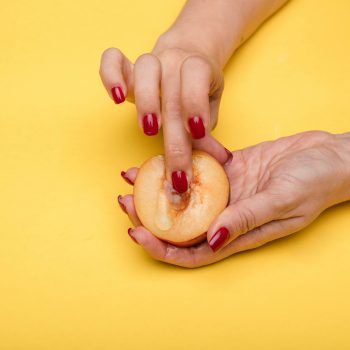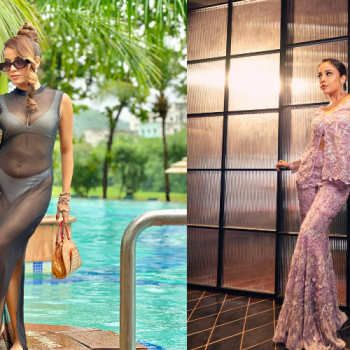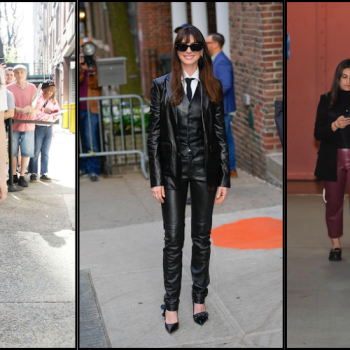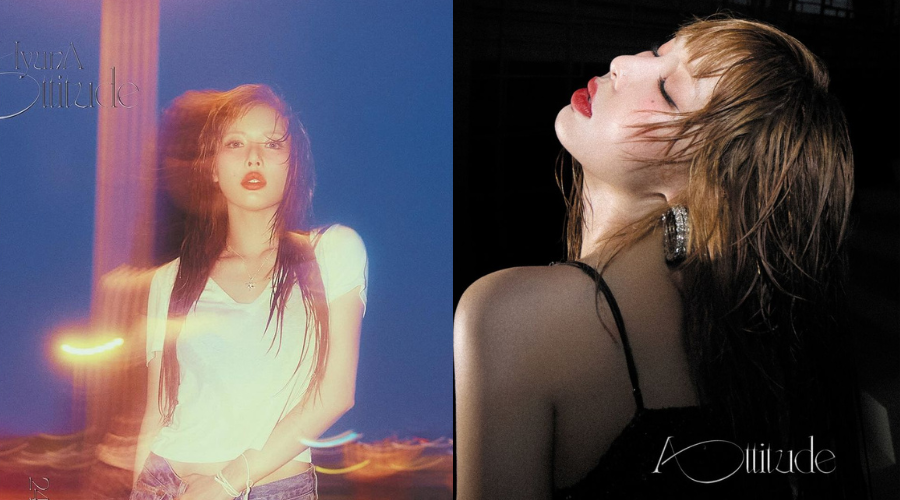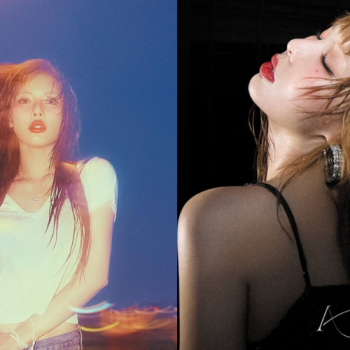If the thought of wearing low-waist jeans makes you shudder, you’re not alone. Maybe the decline of skilfully original ideas was a consequence of the pandemic but nevertheless, it has created a space for the resurgence of Y2K designs in the clothing, accessories, and makeup departments. The nostalgia is very real. I mean, can you blame people for wanting to retreat to old memories to find some relief? I have taken up this trend, driven largely by my love for Converse high-tops.
Everywhere you go, you will see animal prints, glitter, and a whole lot of denim. It is inescapable. And as far as the retention value of trends goes, the Y2K obsession is picking up, so we are going to be seeing plenty of this. Although it seems like a fun and harmless proclivity, everybody who was conscious (kids and a few adults) during those years knows exactly how dangerous some of the so-called quirky styles and beauty standards were. The stuff we’d see on runways, in movies, and in music videos shaped our idea of what is considered the perfect physical appearance and it wasn’t healthy.

The Diet Diktats
Slim waists and vast thigh gaps had a chokehold over the naive youth. This led to the birth of a very problematic diet culture and a colossal increase in mental distress due to low self-esteem. If your hip bones didn’t show, you could never be considered sexy, women were told, repeatedly, ad nauseam. The enticing urge to fit into size zero jeans spread like the plague and inadvertently caused many to develop severe illnesses of mind and body alike.
Lots of induced vomiting took place. Yeah, not cute at all.
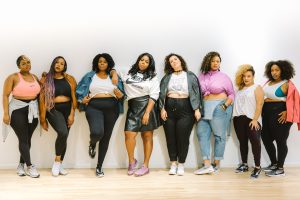
After decades of the fashion industry glorifying malnourishment and romanticising disordered eating, it seemed like there was finally change on the horizon in the last few years. Prominent fast fashion brands began selling plus-sized clothing and many even included models of different body types in their campaigns. Subsequently, joggers and loose-fit shirts started to have their moment. Instead of getting used to the idea that anyone can and should be able to dress how they want, the fashion industry made a shift to comfort-chic clothing to be more inclusive.
This is why it’s highly probable that the resuscitation of Y2K fashion could be detrimental to the concept of body positivity. Anyone who keeps up with the workings of the fashion industry knows that whenever a major change takes place, it’s hard to determine whether it is here to stay for good or not.
The idea of body positivity has been supported publicly by many influential brands and celebrities but one must question the sincerity of their support. Is it genuine or is it just to be on the good side of the masses by seeming inclusive and ever-evolving but not really putting in substantial effort to promote the idea? Who knows… the buzz could vanish as rapidly as one can refresh their explore page.
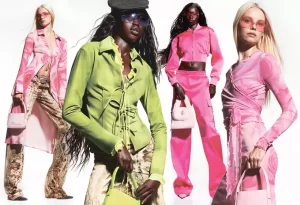
Almost all adverts showcasing Y2K fashion depict small-frame models. Do brands think that people of other body types don’t want to experiment with mini skirts? Is a trend really an exciting one if it only allows a small subgroup of people to freely enjoy it?
Only the passage of time will determine whether this fad is truly just an innocent, dopamine-inducing ode to the glory years or if it has the potential to cause a collective spiral in people’s self-confidence. You can try to say that it’s easy to just ignore what’s trending and make choices only based on what you feel comfortable in but it’s very natural to want to be a part of something that is popular and constantly being thrown in your face via multiple forms of media.
The question remains: Will the fashion industry ever take responsibility for its complete disregard for the well-being of the very people that keep it afloat? Unfortunately, I don’t see it happening anytime soon.
The one thing we can do when we’re struggling to keep ourselves within these re-emerged parameters of attractiveness is to remind ourselves that we can always choose to stick to the hobo chic lifestyle. I know I will.




